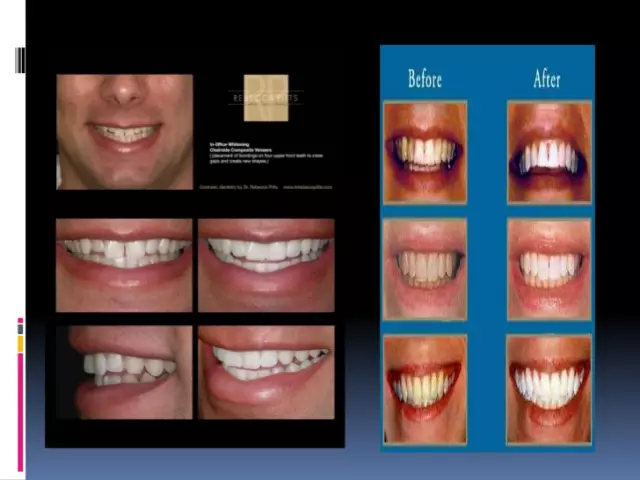- Author Rachel Wainwright wainwright@abchealthonline.com.
- Public 2023-12-15 07:39.
- Last modified 2025-11-02 20:14.
Encorat
Instructions for use:
- 1. Pharmacological action
- 2. Release form
- 3. Indications for use
- 4. Contraindications
- 5. Method of application
- 6. Drug interactions
- 7. Side effects
- 8. Storage conditions
Prices in online pharmacies:
from 166 rub.
Buy

Encorat is an anticonvulsant agent for long-term use in the treatment of focal and convulsive seizures.
Pharmacological action of Enkorata
The active component of Encorata has a sedative and central muscle relaxant effect, which is associated with a decrease in the excitability and convulsive readiness of the motor zones of the brain.
In addition, the use of Encorat helps to improve the mood and mental state of patients.
Release form
Enkorat is produced in the form of pink, enteric-coated, round tablets containing the active ingredient sodium valproate in amounts of 200 and 300 mg. 10 pieces per pack.
The following medicines are analogs of Enkorata:
- According to the active ingredient - Apilepsin, Valparin, Depakin, Konvuleks;
- By mode of action - Aminalon, Phenibut, Anvifen.
Indications for Encorat's use
According to the instructions, Enkorat is prescribed in the following cases:
- Large convulsive seizures;
- Minor seizures (complex absences and absences);
- Focal seizures.
Contraindications
As follows from the instructions, Enkorat is contraindicated in the following cases:
- With porphyrias;
- With pronounced violations of the function of the pancreas and liver;
- During lactation;
- Against the background of hemorrhagic diathesis;
- With severe thrombocytopenia;
- In pediatrics up to 3 years;
- With leukopenia;
- During pregnancy;
- In case of hypersensitivity to the active or auxiliary components of Encorat.
In addition, Enkorat should be taken with caution by mentally retarded children, as well as when:
- Bone marrow damage;
- History of liver and pancreas diseases;
- Renal dysfunction;
- Organic brain damage;
- Congenital enzymopathies.
Method of using Enkorat

According to the instructions, Enkorat is prescribed at an initial dosage of 0.3-0.6 g per day, most often divided into two doses. Every 3-4 days the dose should be increased by 0.1 g to the optimum, but not more than 2.4 g per day. You should not independently change the treatment regimen and the accepted dosage of Encorat. It is considered the most effective to take the tablets with food.
Pediatric initial and maintenance dosages are based on age and body weight.
Cancellation of Enkorata is carried out for a long time - for one to two years with a gradual dose reduction.
In case of an overdose with Enkorat, side effects such as:
- Vomiting;
- Hyporeflexia;
- Nausea;
- Respiratory dysfunction;
- Diarrhea;
- Dizziness;
- Muscular hypotension;
- Miosis;
- Coma.
Enkorata drug interactions
When using Encorat, it should be borne in mind that the active component of the drug enhances the effects of other antiepileptic drugs, for example, phenytoin and lamotrigine, as well as tranquilizers, thymoleptics, MAO and ethanol inhibitors.
Strengthening the effects of the active substance Encorata is observed when used together with salicylates.
The likelihood of developing liver damage increases sharply when used together with other hepatotoxic agents.
An increase in the depression of the central nervous system is most often observed with the simultaneous use of Encorat with antipsychotics, tricyclic antidepressants and MAO inhibitors.
The risk of inhibition of bone marrow hematopoiesis increases with the simultaneous administration of Encorata with myelotoxic agents.
Side effects
At the beginning of treatment, Enkorat, according to reviews, can cause digestive disorders, which are usually transient in nature. These include stomach pain, anorexia, vomiting, nausea, increased appetite and diarrhea, and in rare cases, constipation and pancreatitis.
Violations of the nervous system when taking Enkorata according to reviews can lead to the development of:
- Lethargy;
- Drowsiness;
- Ataxia;
- Dizziness;
- Headache;
- Coma;
- Enuresis;
- Dysarthria;
- Impaired consciousness;
- Stupor;
- Tremor;
- Changes in behavior and mental state, expressed as psychosis, depression, aggressiveness, restlessness, hallucinations, unusual agitation, fatigue, hyperactivity, or irritability.
According to reviews, the most likely allergic reactions when using Encorat include urticaria, skin rash, malignant exudative erythema, alopecia, photosensitivity, angioedema.
In addition, taking Enkorata can cause:
- Diplopia, flashing of flies before the eyes;
- Change in body weight (decrease or increase);
- Dysmenorrhea, galactorrhea, secondary amenorrhea and breast enlargement;
- Anemia, thrombocytopenia, leukopenia;
- Peripheral edema;
- Hyperbilirubinemia, hypercreatininemia and hyperammonemia.
The risk of developing side effects, expressed as abnormal liver function, depends on the amount of the drug, and with a decrease in the dosage taken, it usually decreases or disappears completely.
Storage conditions for Enkorata
Enkorat belongs to a number of list B anticonvulsants, which can only be dispensed from pharmacies as prescribed by a doctor. The shelf life of tablets is up to three years under the recommended conditions (at temperatures up to 25 ° C in a dry place protected from light).
Encorat: prices in online pharmacies
|
Drug name Price Pharmacy |
|
Enkorat chrono 300 mg film-coated tablets of prolonged action 30 pcs. 166 r Buy |
|
Enkorat 300 mg enteric-coated tablets 100 pcs. 309 RUB Buy |
|
Enkorat chrono 500 mg film-coated tablets of prolonged action 30 pcs. 316 RUB Buy |
Information about the drug is generalized, provided for informational purposes only and does not replace the official instructions. Self-medication is hazardous to health!






